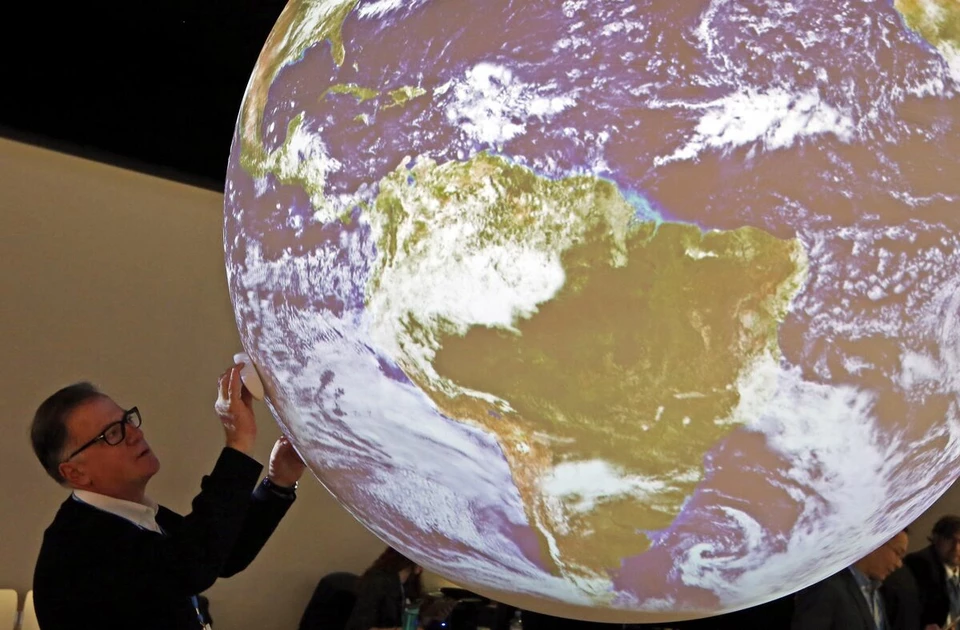
As discussions surrounding environmental policies heat up, former President Donald Trump’s recent promises to backtrack on climate initiatives are raising alarms among lawmakers and environmental advocates alike. With the 2024 elections looming and significant shifts in tone from Trump regarding climate change, many are questioning how far this could alter the current landscape of climate regulation in the United States.
Trump's declarations have reignited debates over the future of policies aimed at combating climate change. Historically, his administration moved towards deregulating environmental standards, favoring business interests over ecological protection. However, his latest remarks suggest a pivot, potentially indicating a return to strategies that would further unwind the progress made in recent years to address climate change.
In response to Trump’s evolving stance, various stakeholders including lawmakers from both parties, state governors, and environmental organizations are stepping up efforts to secure existing climate protections. The urgency among these groups has intensified, spurring initiatives that aim to establish more robust safeguards against any potential rollbacks. These proactive measures are designed to ensure continuity in climate action regardless of who holds the presidency in the upcoming election.
Among the significant responses is a focus on strengthening state-level regulations. Governors and state legislatures across the nation are contemplating or already enacting their own environmental standards. This decentralized approach could act as a bulwark against the potential repercussions of a Trump presidency which could strive to reinstate previous pro-industry policies that could impede progress on climate issues.
Additionally, the business community is also feeling the pressure. Many companies are beginning to advocate for stronger environmental regulations. They recognize that consumer sentiment is increasingly leaning towards sustainability and that proactive climate policies could bolster their markets rather than hinder them. This shift within corporate interests showcases a growing recognition that climate action is not just a regulatory burden, but also an opportunity for innovation and growth.
In the wake of Trump's statements, environmental groups are amplifying their calls for action, highlighting the risks of climate inaction and the importance of international cooperation in addressing this global crisis. Activists are urging lawmakers to rally around climate legislation that aims not only to respond to immediate threats but also to establish long-term plans for sustainability and renewable energy development.
The looming specter of climate change continues to provoke strong responses, as Trump's comments underscore the broader ideological battle surrounding environmental policy in the U.S. The stakes are particularly high as the country approaches a pivotal election year, where the matters of climate change and environmental regulations are poised to become central rallying points for both parties.
As the nation gears up for the 2024 elections, the tension between political rhetoric and environmental action is palpable. The next few months are crucial as various factions—politicians, industry leaders, and activists—vigorously debate the future of climate policy and the direction the United States should take to address one of the most pressing issues of our time.
With a highly divided political landscape, the potential outcomes of the upcoming elections could reshape environmental policy for years to come, making it imperative for advocates and stakeholders to remain vigilant and proactive in their defense of climate legislation.
In conclusion, while Trump’s promises of a U-turn on climate issues may signal new challenges ahead, they have concurrently ignited a rallying cry for action among those committed to sustaining and expanding environmental protections in the face of potential policy reversals.
#ClimateChange #EnvironmentalPolicy #Trump #ClimateAction #2024Elections #Sustainability #ClimateCrisis #EnvironmentalAdvocacy
Author: Sophie Bennett




